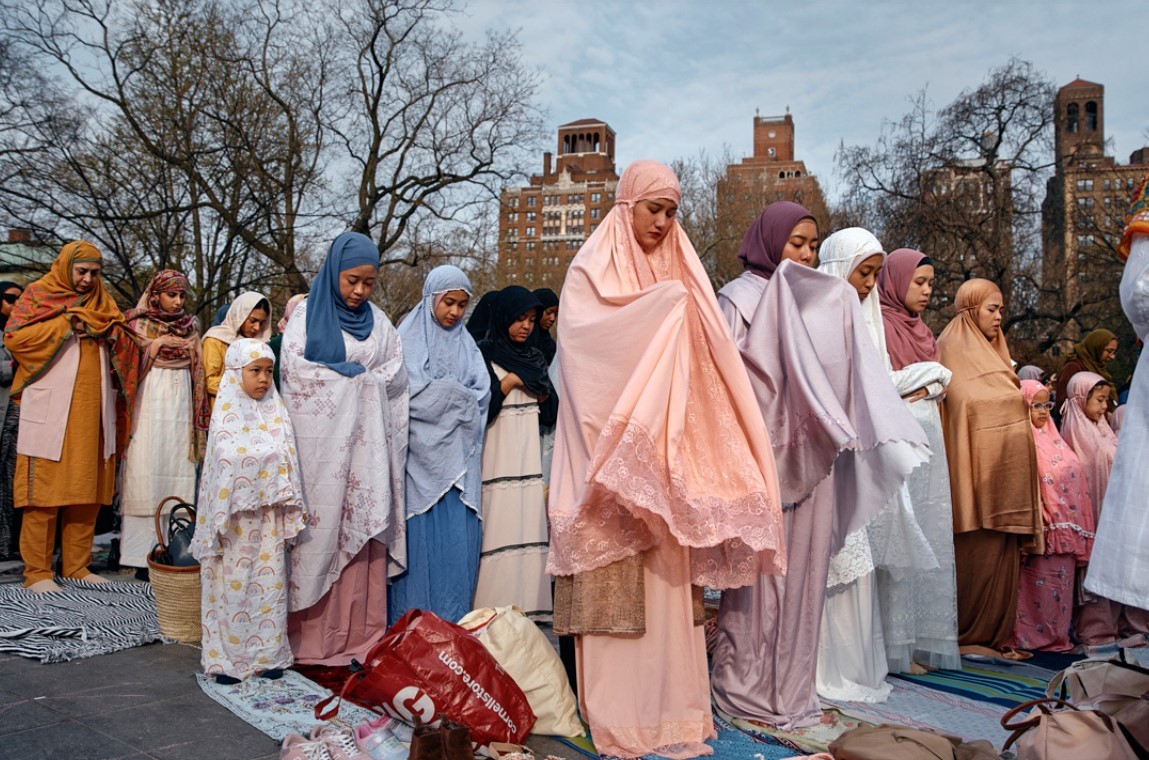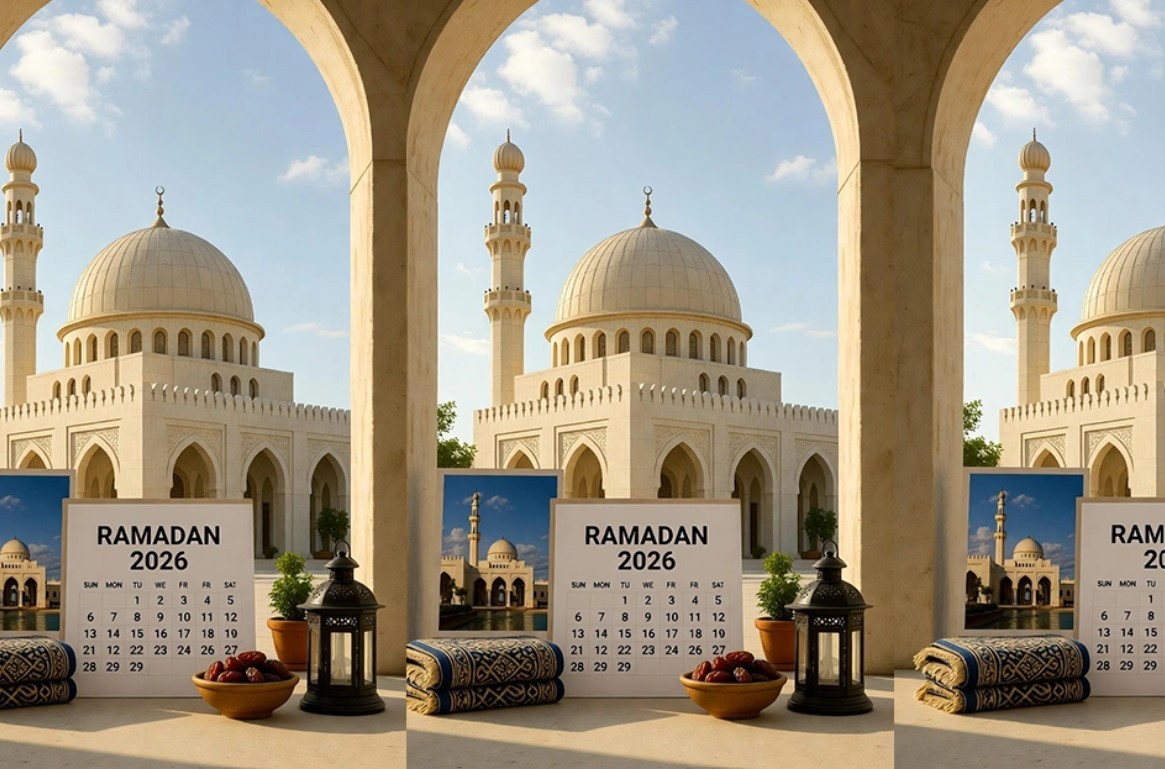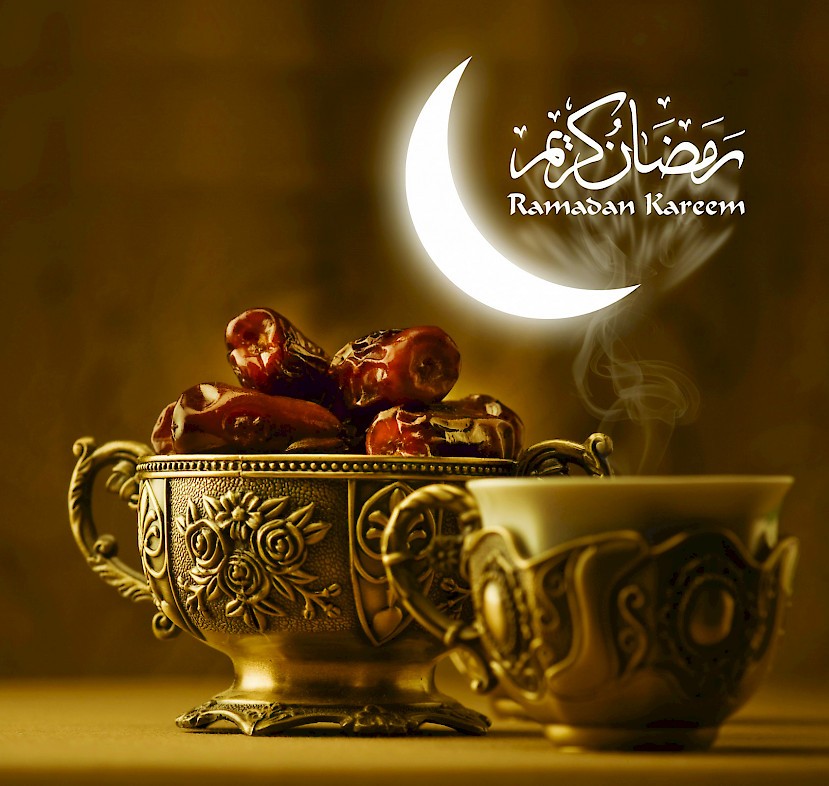Why Ramadan Matters: Dos and Don'ts
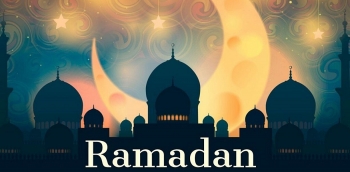 Food to Eat and Avoid in Ramadan Month Food to Eat and Avoid in Ramadan Month |
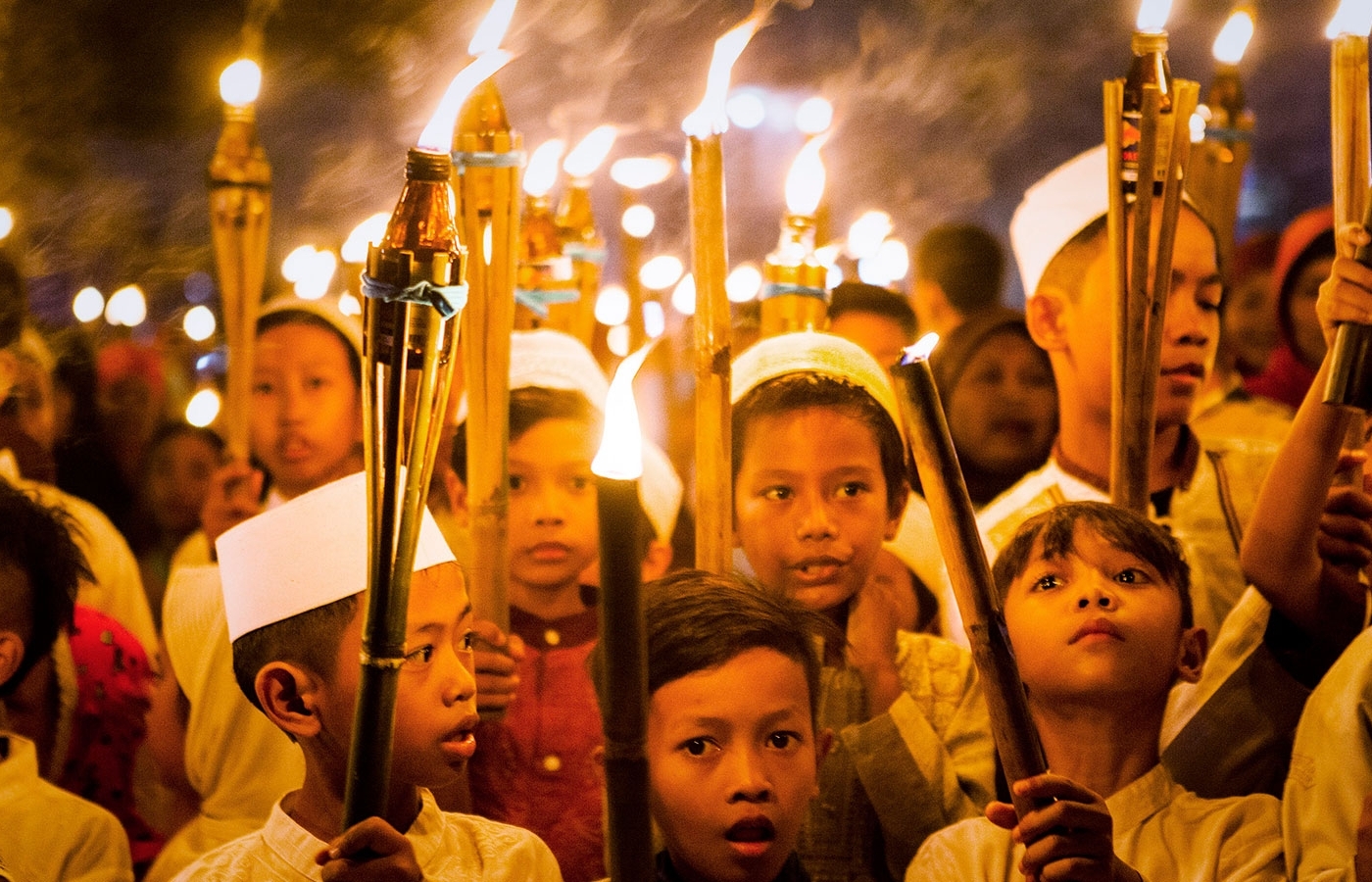 What is Ramadan: Interesting Facts, Traditions and Celebrations What is Ramadan: Interesting Facts, Traditions and Celebrations |
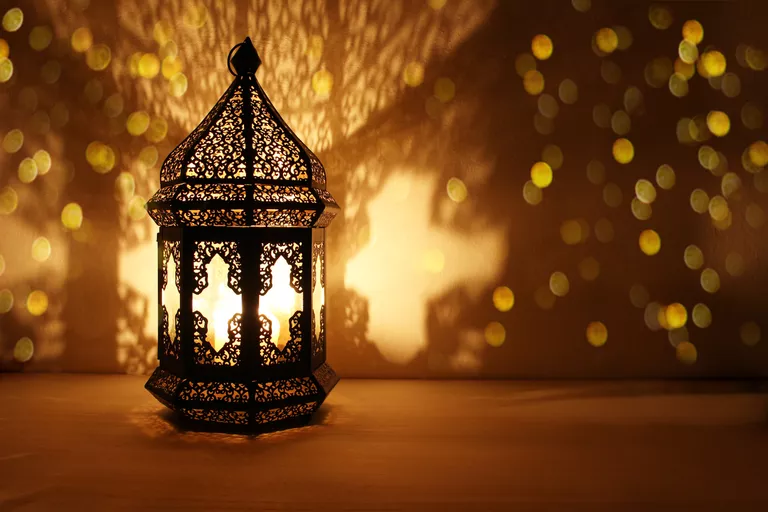 |
| Ramadan - Most Important for Musli. Photo: Getty Images |
Ramadan Mubarak! If you ask your friend out for lunch this month and they say no, don't take it personally. They may be celebrating the month where Muslims fast from dawn to dusk.
Here's what you need to know about Ramadan — including some basic do's and don'ts.
When Is Ramadan 2025?
Ramadan 2025 is expected to begin on the evening of Friday, February 28, and end on the evening of Sunday, March 30, depending on the sighting of the moon. Ramadan, the ninth month of the Islamic lunar calendar, is a sacred time for Muslims worldwide, marked by fasting, prayer, reflection, and community. During this month, Muslims fast from dawn until sunset, refraining from food, drink, and other physical needs to develop self-discipline and spiritual growth.
The end of Ramadan is celebrated with Eid al-Fitr, a festive occasion that includes prayers, feasting, and charity. As lunar months are shorter than the Gregorian calendar months, Ramadan shifts by approximately 10 days earlier each year, offering believers a chance to experience the holy month in different seasons and contexts.
Origin of Ramadan
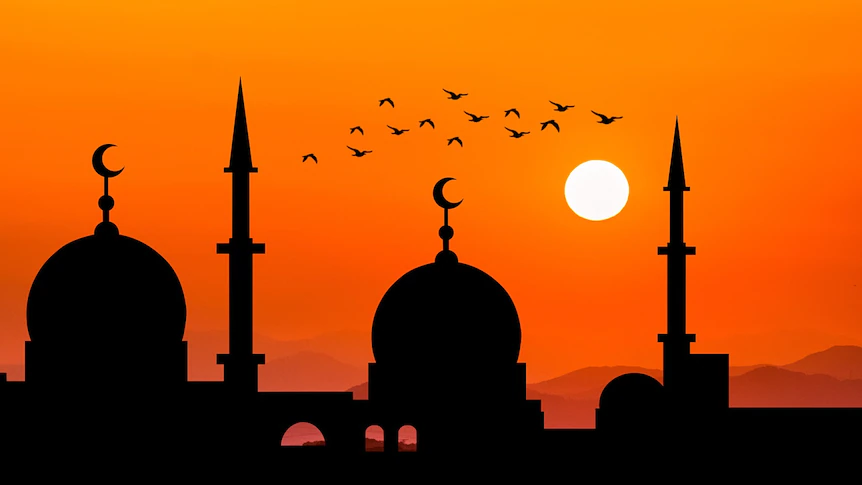 |
| Ramadan is a month full of social festivities such as communal dinners, group prayers, and other gatherings |
One of the months in the Islamic calendar is Ramadan, which was also observed by ancient Arabs. The Arabic word for "scorching heat," "ar-ramad," is where the name "Ramadan" comes from. According to popular belief, the angel Gabriel revealed the Quran to the Prophet Muhammad in 610 CE. The "Night of Power," or Laylat Al Qadar, when this revelation reportedly occurred is associated with the holy month of Ramadan. Fasting is a central tenet of the monthlong celebration of the Quran's revelation that Muslims observe every year.
To Muslims, the Quran's 114 chapters represent the unmediated revelation of Allah. Hadith, or accounts by Prophet Muhammad's companions of his thoughts and deeds, are complementary to the Quran. As a whole, they constitute Islam's sacred canon.
Why Is Ramadan Important for The Muslim Community
Fasting
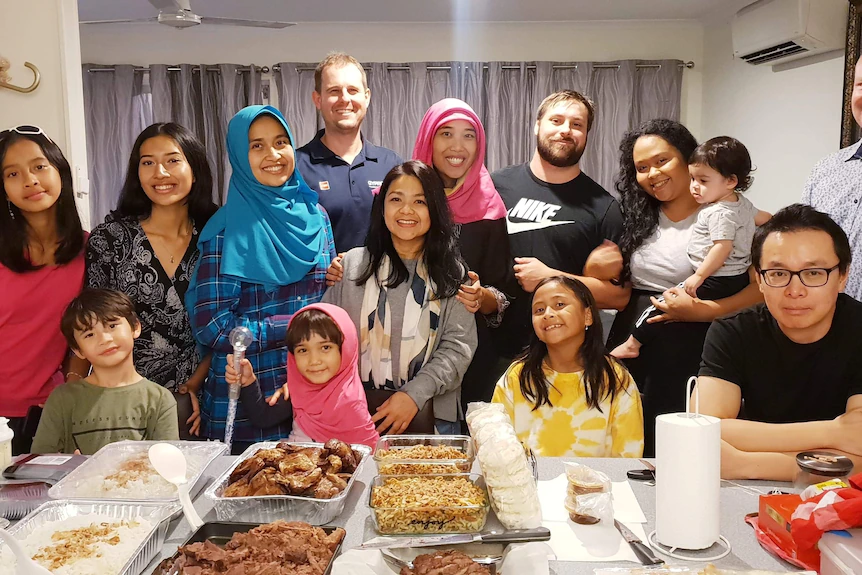 |
| Even though Ramadan involves abstaining from food and water, it is a social festival that centres around coming together for a feast.(Supplied) |
One of the five pillars of Islam that shapes a Muslim's life is the sawm, or fasting during the month of Ramadan. The Arabic word for fasting literally means "to refrain," from anything bad you might do, think, or say.
Each day, from sunrise to sunset, the physical fast is performed. Those who observe Ramadan do so by eating two large meals: the suhoor before dawn and the iftar after sunset. Both meals are shared, but the iftar is a time when extended families get together and the less fortunate are welcomed into mosques to eat.
The month of observance
During Ramadan, Muslims focus on strengthening their connection to God through prayer, reciting the Quran, practicing generosity, and avoiding negative behaviors such as gossiping, lying, and fighting. From dawn to sunset, they fast from food, drink, and all forms of intoxication and sexual activity. Fasting is obligatory for all Muslims, except those who are ill, pregnant, traveling, elderly, or menstruating. Missed fasts can be made up later in the year.
Muslims share communal meals to break their fasts, starting with suhoor, the pre-dawn meal, and ending with iftar, the evening meal after sunset. Traditionally, dates are eaten at both meals, following the example of the Prophet Muhammad.
Ramadan concludes with Eid al-Fitr, the "festival of breaking the fast," marked by prayers, feasting, gift exchanges, and remembering loved ones. Despite challenges such as the COVID-19 pandemic, Ramadan remains a time for spiritual reflection and community.
Charity
One of Islam's five pillars is philanthropy, known as zakat. As part of their faith, Muslims are expected to make regular donations (zakat), and they also have the option of making one-time donations (sadaqah). Some Muslims choose to show their faith by giving especially large amounts to charity during Ramadan, an act known as sadaqah.
Eid Al-Fitr
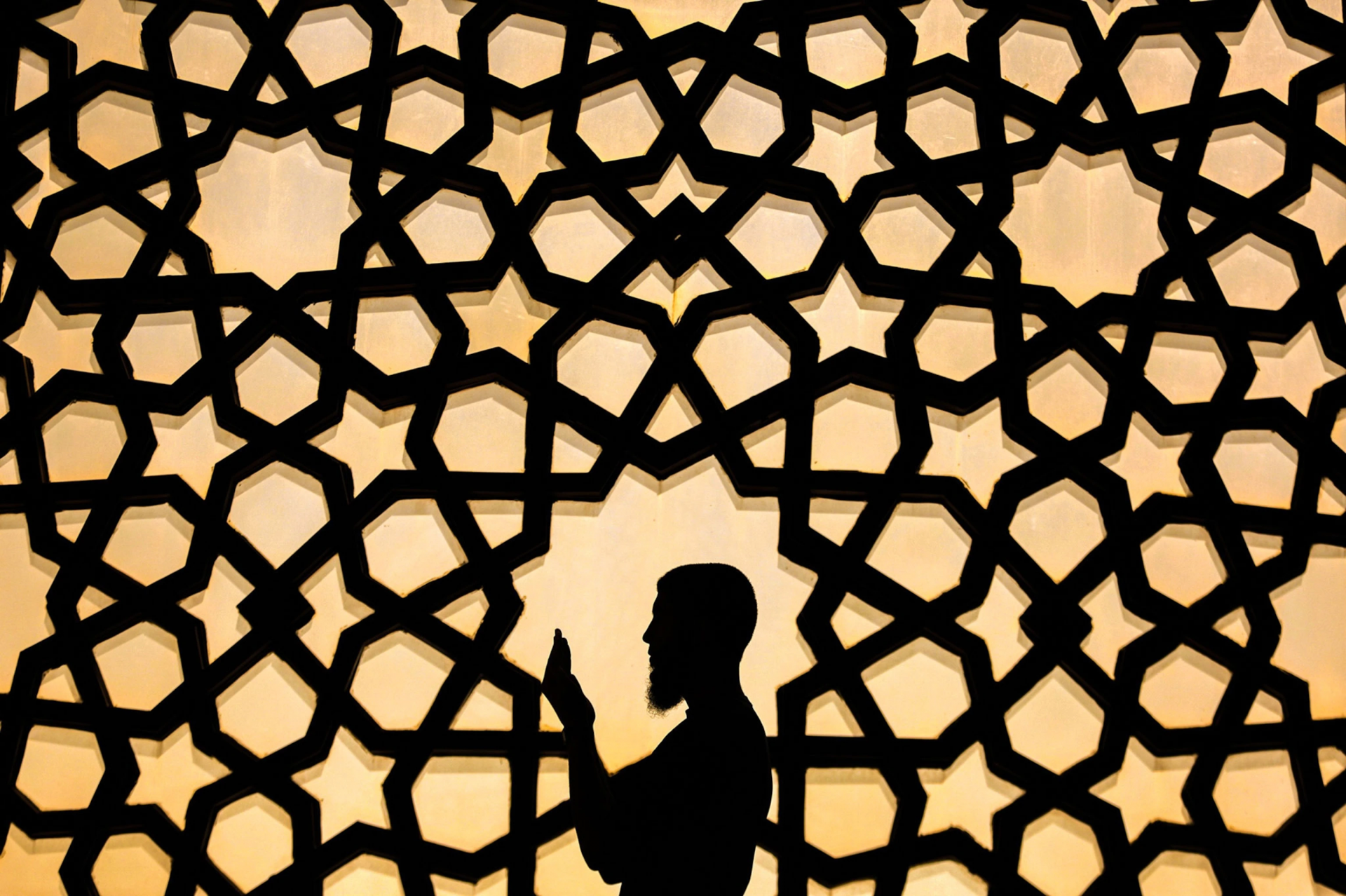 |
| Photo: National Geographic |
The Islamic holiday of Eid Al-Fitr (also spelled "Eid") celebrates the end of the fasting month of Ramadan. The Islamic holiday of Eid begins on the first day of the lunar month of Shawwal and can last up to three days.
Salatul Fajr is a prayer said first thing in the morning by devout Muslims. They then need to go through the motions of getting ready for an important event by brushing their teeth, taking a shower, and donning their finest attire and a splash of their most expensive fragrance. It is customary to wish people "Eid Mubarak" (which means "Blessed Eid") or "Eid Sain" ("Happy Eid"). Like during Ramadan, Eid is a time when special prayers are recited in mosques and acts of charity are encouraged.
Ramadan do’s and Don’ts Guide
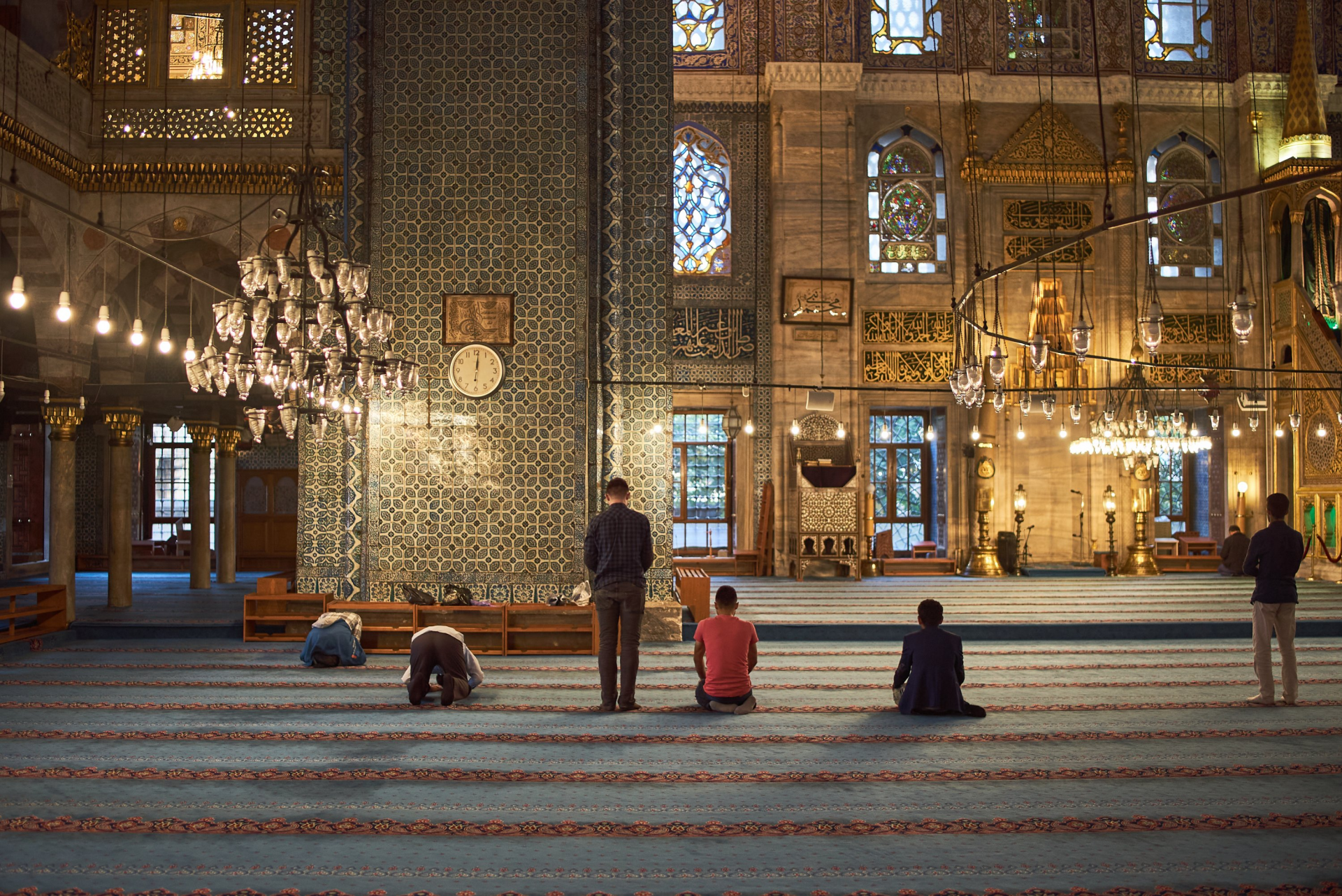 |
| Photo: Getty Images |
With only a few days to go, it's time to start thinking about how to make the most of the holy month of Ramadan.
For 30 days, beginning with sunrise on the first day of Ramadan and ending with sunset on the last day, Muslims refrain from eating, drinking, and smoking in public.
After breaking their fast at iftar at sunset, Muslims typically sleep until sunrise. Continue doing this for the next 30 days. One should not only refrain from eating and drinking during Ramadan, but also from engaging in negative behaviors. The trials of hunger and thirst are meant to teach us restraint, gratitude, and perseverance. The purpose of Ramadan is, at its heart, a spiritual one: drawing nearer to God.
DO embrace the community spirit and wish a blessed Ramadan to Muslim friends and colleagues.
DON’T eat, chew, drink or smoke in public during the hours of daylight, even if you’re not Muslim.
DO accept food and drink when offered during Iftar, it is a sign of respect and friendliness.
DO stay calm. Work might be a little less productive and people who are fasting might be a little tired, but be patient with everyone this month.
DON’T play loud music as it may offend those who are fasting. Playing music through your headphones is allowed as long as it is not audible to the people around you.
DON’T dress inappropriately or wear tight fitting clothes – modesty is key.
DO try fasting for a day. It’s a good way to understand your own needs and self-control as well as a way to understand what your Muslim friends and colleagues are going through this month.
DON’T worry if all these rules feel like a lot. Ramadan is a peaceful and serene time that lasts a month so try and enjoy it while it’s here.
Can I eat in front of someone fasting?During the day, fasting Muslims are not offended if you break their fast with food and drink. When they break their fast for dinner, you can join them even if they declined your lunch invitation. Keep in mind that a big part of celebrating Ramadan is inviting someone to break their fast with you. |
 Ramadan: Dos and Donts, Why It Is The Most Important for The Muslim Community Ramadan: Dos and Donts, Why It Is The Most Important for The Muslim Community Ramadan is the ninth month of the Islamic lunar calendar, observed by practicing Muslims as a month of fasting, reflection, and prayer. It commemorates ... |
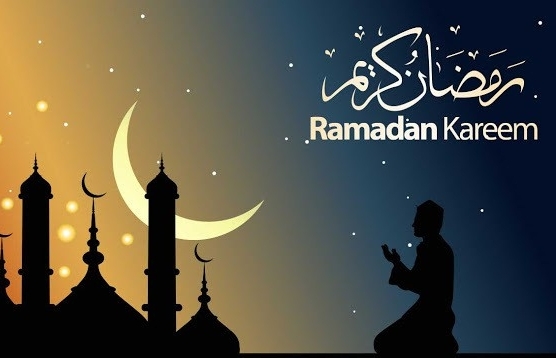 What is Ramadan: Date, History, Original and Meaning What is Ramadan: Date, History, Original and Meaning Ramadan, Islam's holiest month. Check out the article below for complete information about this Muslim Holy Month! |
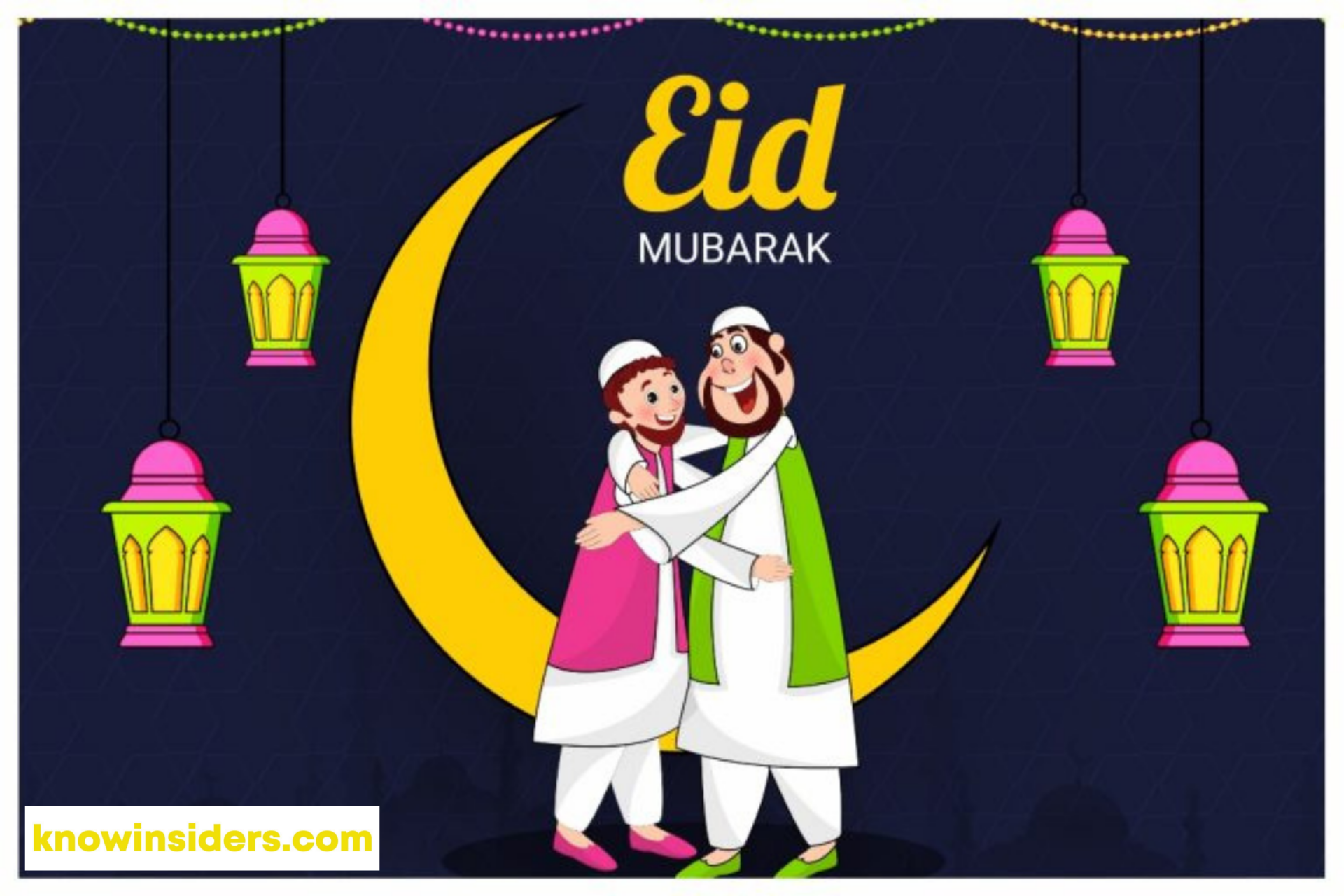 What is Eid-al-Fitr: Date, Different Celebration Around the World What is Eid-al-Fitr: Date, Different Celebration Around the World About 1.8 billion Muslims around the world will spend 30 days reflecting on their faith to celebrate Eid al-Fitr this month - the holy month ... |
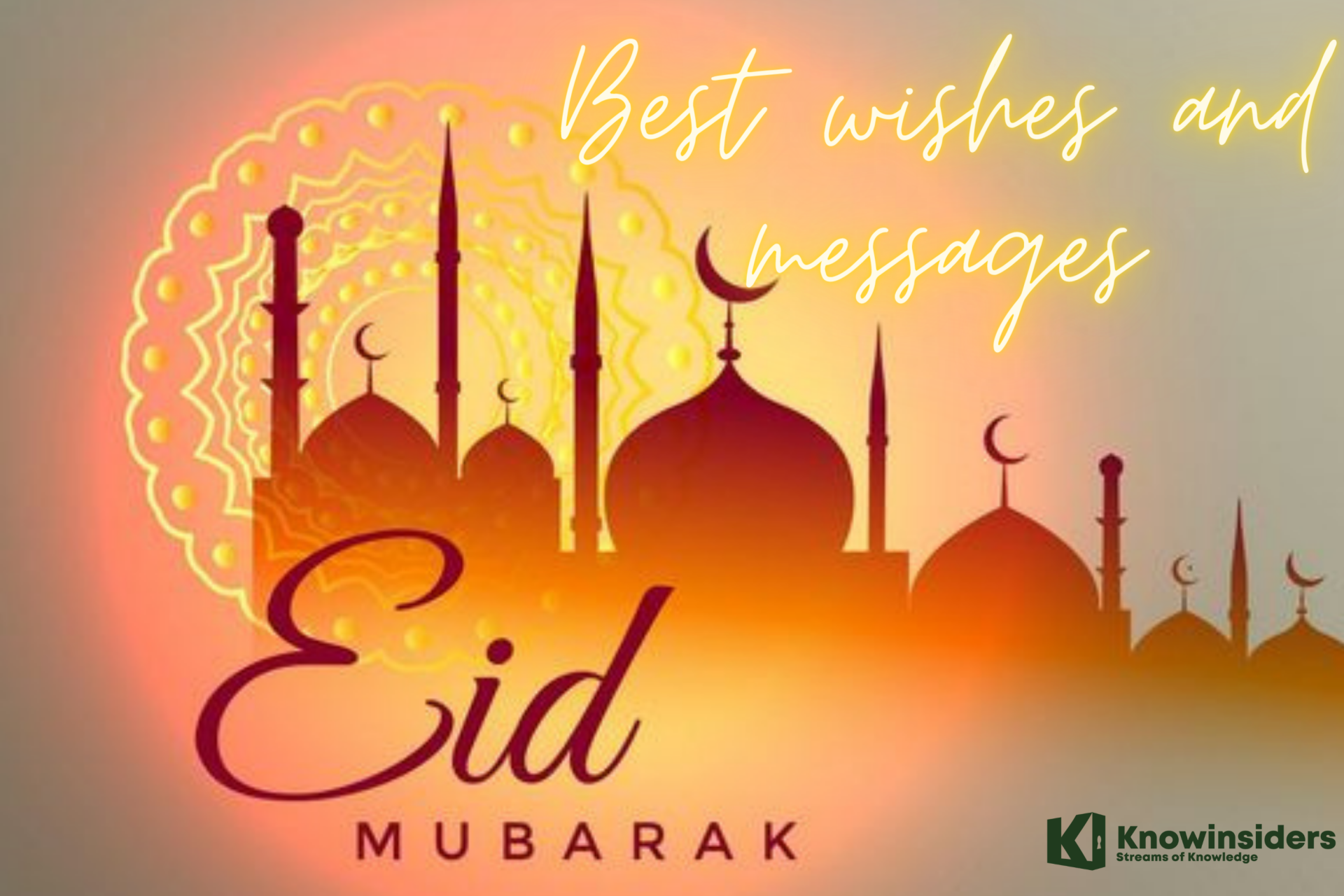 Happy Eid Mubarak: Best Wishes and Great Messages Happy Eid Mubarak: Best Wishes and Great Messages Eid Mubarak everyone! Although the celebrations of Eid Mubarak are limited this year due to COVID-19, everyone can still send the best wishes and greetings ... |

